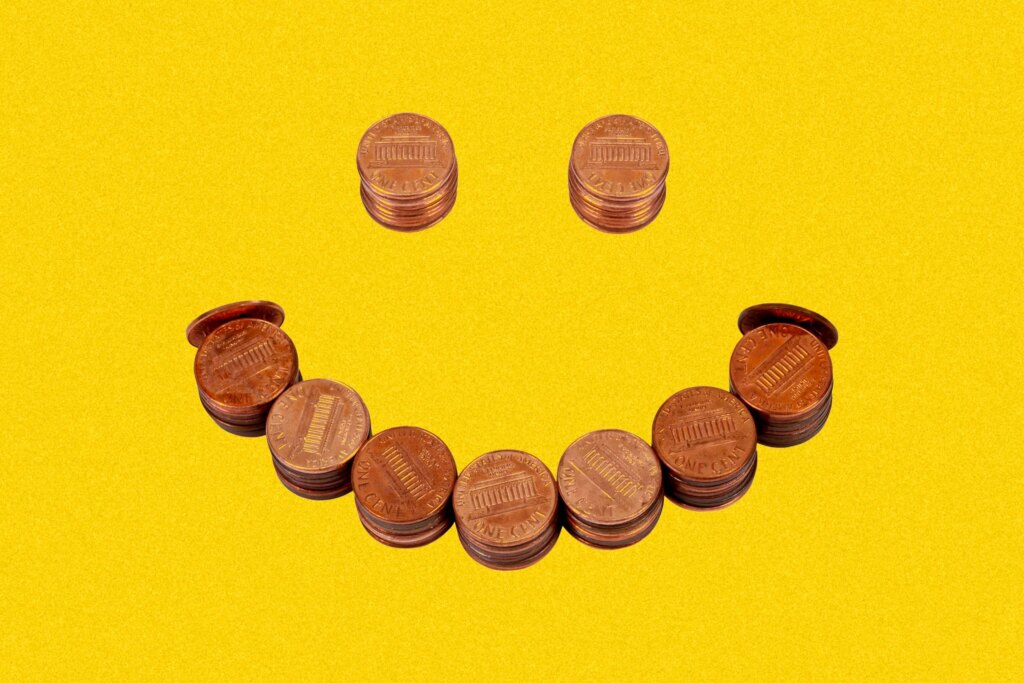The old adage that money can't buy happiness may finally need to be cast aside.
Extensive research has long found that money and happiness go hand in hand, but it's been widely believed that once you earn enough money to live a modest and comfortable life (usually around $75,000), the happiness benefits start to wane.
But this “happiness plateau,” as researchers call it, may just be a convenient myth: A new study by Matthew Killingsworth, a senior scholar at the Wharton School of the University of Pennsylvania, finds that the ultra-rich are significantly happier than people who earn $500,000 a year, and are themselves significantly happier than low- and middle-income earners.
Killingworth found that, like income itself, there is a large gap in happiness between high-income and low-income Americans.
“Contrary to the idea that money is associated with only small differences in happiness, the happiness gap between those at the top and bottom of the economic distribution is also quite large,” he wrote on his website. “The magnitude of the difference can be substantial.”
Does more money mean more happiness?
More money may have meant more problems for the late hip-hop mogul Notorious B.I.G., but for most Americans, more money means more happiness.
Killingsworth has been chipping away at the concept of happiness plateaus over the past few years, and he was the lead researcher on a widely reported study that found that by 2023, increasing annual income to $500,000 would boost happiness.
This doesn't mean that people can't be happier if they earn more than that amount — rather, there's a limit to how much good data there is on the wealthier end of the scale. That's where his new study comes in. It's largely a continuation of work published last year, but adds in the happiness scores of millionaires and billionaires.
A new study finds that these ultra-rich are actually much happier than those with more modest incomes — around $70,000 to $80,000 — that have historically been associated with a plateau in happiness.
Killingworth said previous studies had analysed a limited range of incomes, making it difficult to determine the ratio of money to happiness for people at the top of the income distribution.
So many people filled the void, he said, with the idea that “if each person had 'enough' money, they could rationally focus on things other than money.” Another popular theory suggests that the trappings of high society and its keeping up with the Joneses mentality actually made wealthy people. few Happy.
“The simplicity of what this implies may be one of the reasons why the concept of a plateau is so attractive,” he added.
But the reality is that many of the previous studies tracking income and happiness haven't had good data on the wealthy. thatAt least, that's clear.
“Maybe wealthy people don't want to spend their free time doing surveys,” he said.
More from Money:
Saving money may be the secret to better sleep: study
How bad is US inflation really?
Are builders cutting back on corridors to lower housing prices?

